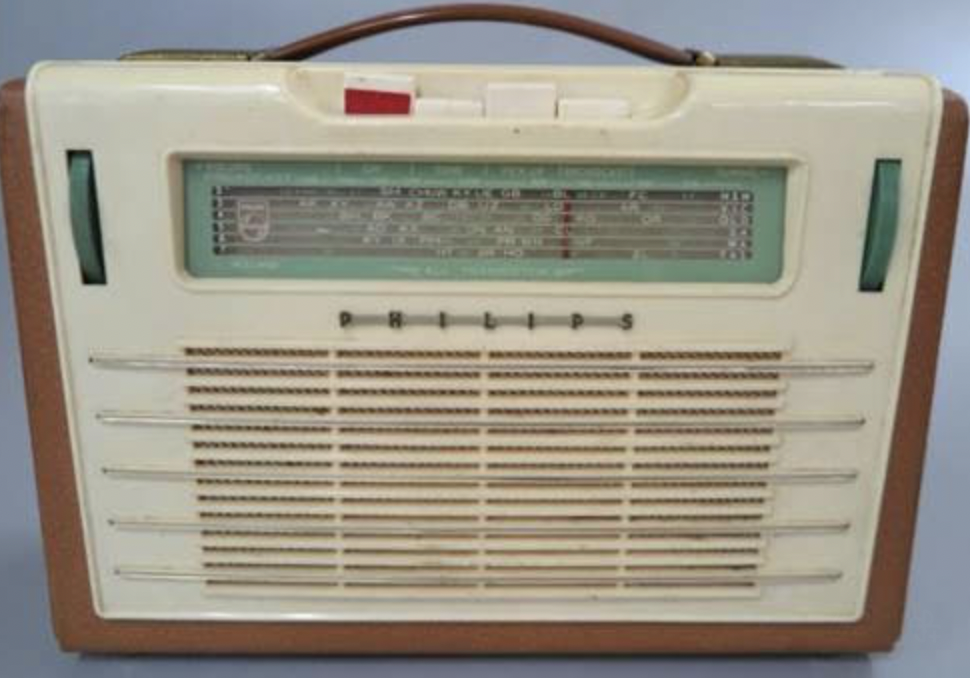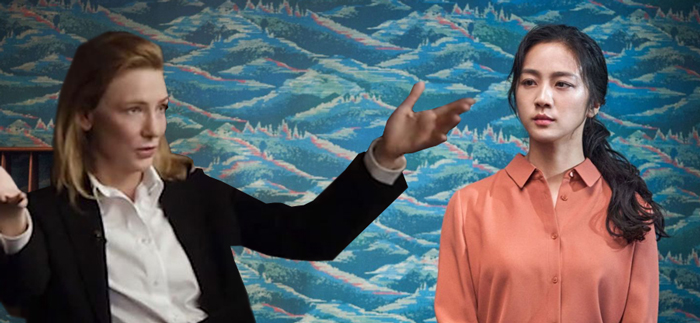More than one way to skin a cat.

A woke government, served by a woke broadcaster, may well be persuaded to embark on a bold new journey in broadcasting.
NOBODY HAS YET come up with a credible case for merging Radio New Zealand and Television New Zealand. Even so, the merger proceeds quickly, costing the taxpayer a ridiculous amount of money – with no results. Nobody really believes that the quality of the broadcasting product will improve. Current audiences for both networks have longstanding issues with the general management of their public broadcasters, but the response from officials has been to double down on the very policies their audiences find most objectionable. With no clear rationale for the merger of RNZ and TVNZ, the cynicism of those who were once the staunchest defenders of public broadcasting can only grow.
The veil of pessimism that has settled over those who still believe in the possibilities of public broadcasting has not been dispelled by vague references to the need for a reliable source of public information. Citing the growing strength of purveyors of misinformation and disinformation on social media, government spokespersons presented the new “entity” as the where New Zealanders wanting to know what’s really going on can go for ‘the facts’. They are encouraged to view the new entity as a sort of beefed-up version of the Prime Minister’s infamous ‘podium of truth’ during Covid.
God save us!
The newsrooms and news production centers of RNZ and TVNZ have become ideological monocultures. Senior executives, producers, journalists, technicians and, it seems, the entire staff of public broadcasters subscribe to a single version of economic, political, social and cultural reality. A journalist wishing to mount a show about the bitter divisions tearing the women’s movement apart on transgender issues, for example, would not only be denied permission, but would be lucky to keep her job. Today’s RNZ and TVNZ cultivate only one culture. If you don’t like the taste of “Woke”, you’d better find another idea menu.
It is perhaps this complete indifference to the traditions of free inquiry and open debate that animated the public broadcasters of yesteryear that explains the new entity.
At the top of RNZ and TVNZ sit people who despise the whole Reithian concept of broadcasting as a public service. It was the BBC’s first chief executive, John Reith, who formulated the British public broadcaster’s original three-word mission statement. The purpose of the BBC, said Reith, was “to inform, educate and entertain”.
For many years Reith’s formula underpinned public radio and television operations in New Zealand. It could not, however, survive the onset of the neoliberal project in the mid-1980s. The latter reduced TVNZ to a commercial operation indistinguishable from those operating in the private sector. His job was to sell eyeballs to advertisers and damn it “inform, educate, entertain”.
RNZ probably would have suffered the same fate had it not been so vehemently defended by its loyal listeners. Thwarted in their mission to simply wipe out RNZ, the neoliberals chose to starve it to death by refusing to fund it adequately. Committed to public service broadcasting, RNZ management and staff have managed to do more with less year after year. Ultimately, however, it was the government of the day that appointed RNZ’s board, and the board that appointed its CEO. Inevitably, the day came when the Reithian rear guard was overwhelmed.
At the RNZ summit, an idea took hold that it was morally indefensible for public broadcasters to assume they knew better what the people of New Zealand needed than the people themselves. By that reckoning, RNZ was an educated, middle-class Pakeha Baby Boomer redoubt: an island of intellectual snobbery and unconscious bias in a sea of younger, darker New Zealanders with vastly different values and tastes.
In the opinion of the RNZ Board and its CEO, the time had come for a powerful overhaul. Their first move was an attempt to downgrade and marginalize the concert schedule and replace it with a youth-focused network modeled after a hip, black New York radio station. But, in what was quite possibly the last major public campaign to save Reithian Radio, supporters of the concert program – led by former Prime Minister Helen Clark – forced the RNZ board and CEO to suspend their plans.
Don’t worry, there’s always more than one way to skin a cat. With the election of a majority Labor government at the end of 2020, a path opened up for those who wanted to radically remake RNZ. A woke government, served by a woke broadcaster, may well be persuaded to embark on a bold new journey in broadcasting. By merging it with the brain-dead TVNZ, the life-brained RNZ would finally be able to ditch its elitist Boomer audience and show Aotearoa what Generations X, Y and Z could do.
If that is what happened, then obviously the new state broadcasting entity will be run by the bright boys and girls at the top of RNZ. TVNZ is really going to become “radio with pictures”. No one can guess just how much to inform, educate and entertain will carry over into the awkwardly new name “Aotearoa-New Zealand Public Media”. By those baby boomers who fought so hard for RNZ and its Reithian virtues, “F-Boy Island” is unlikely to be received as an adequate substitute for Kim Hill and Jim Mora.



